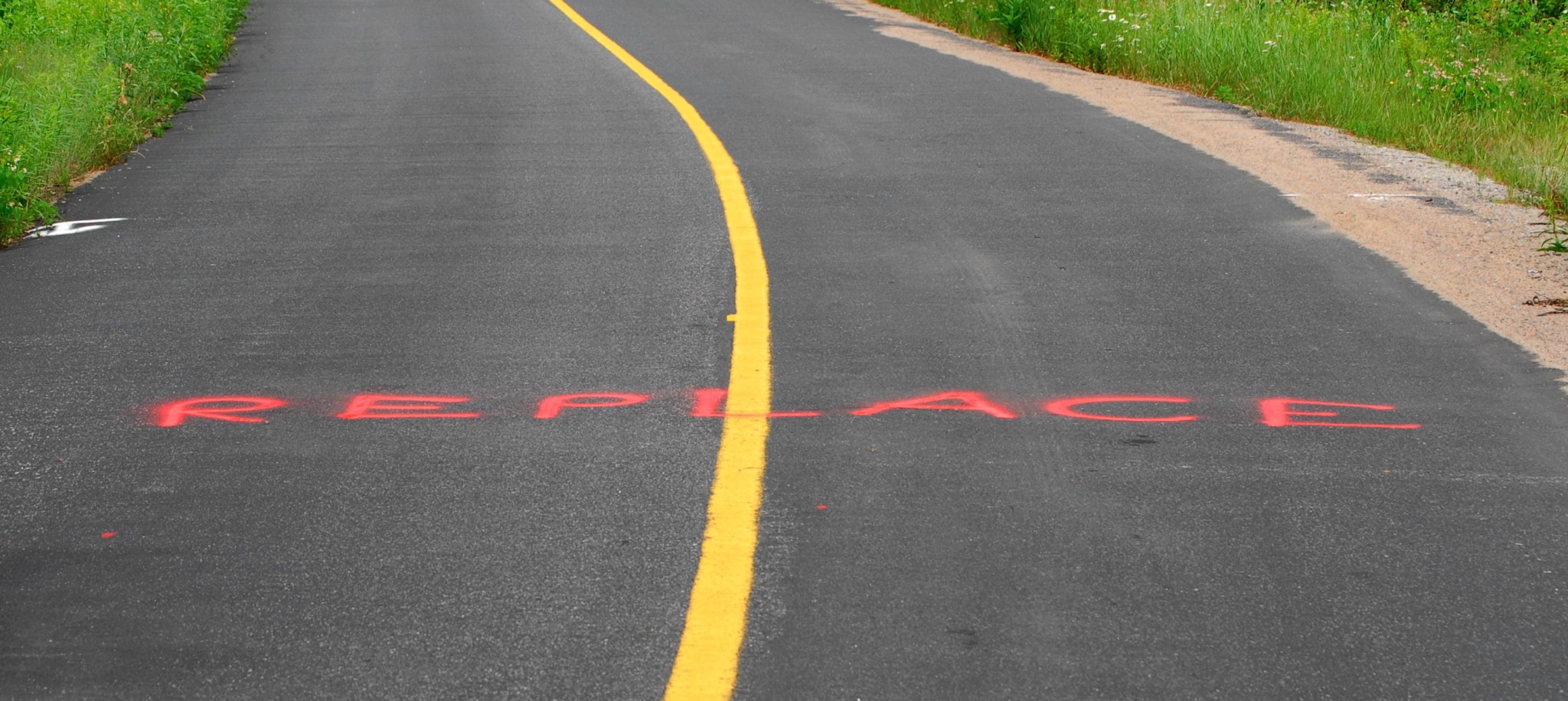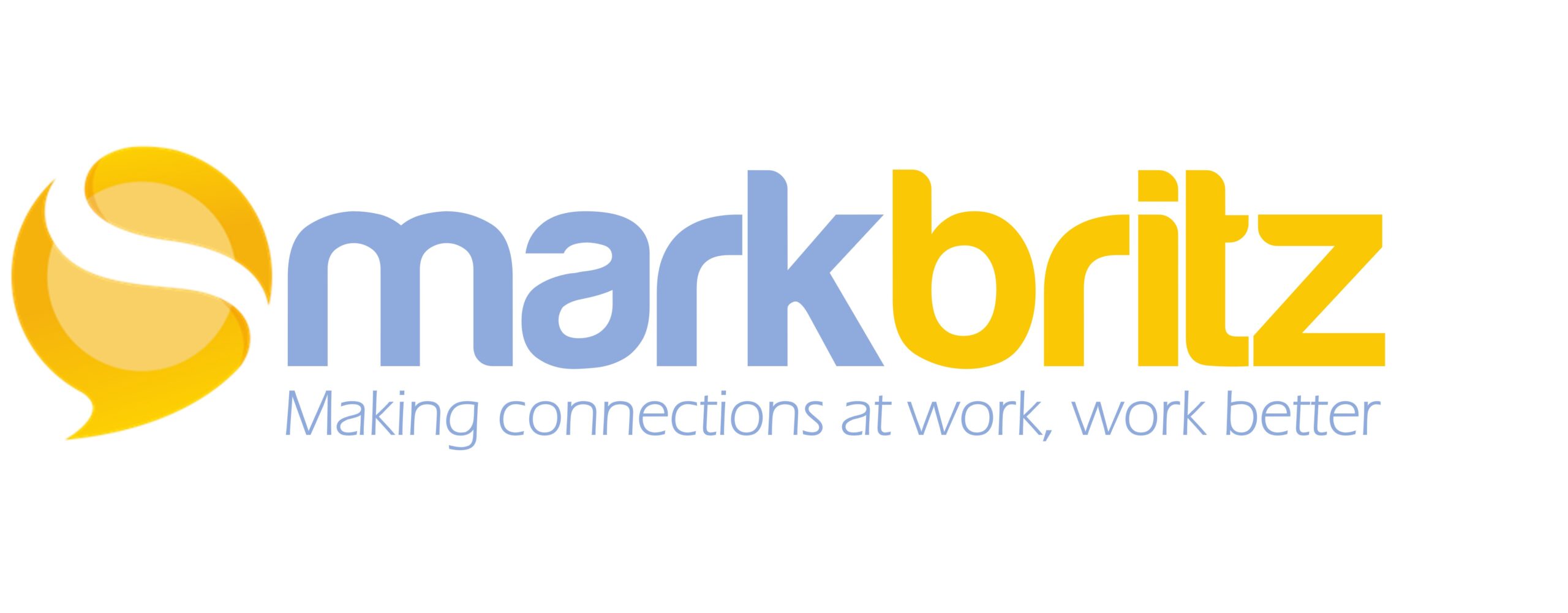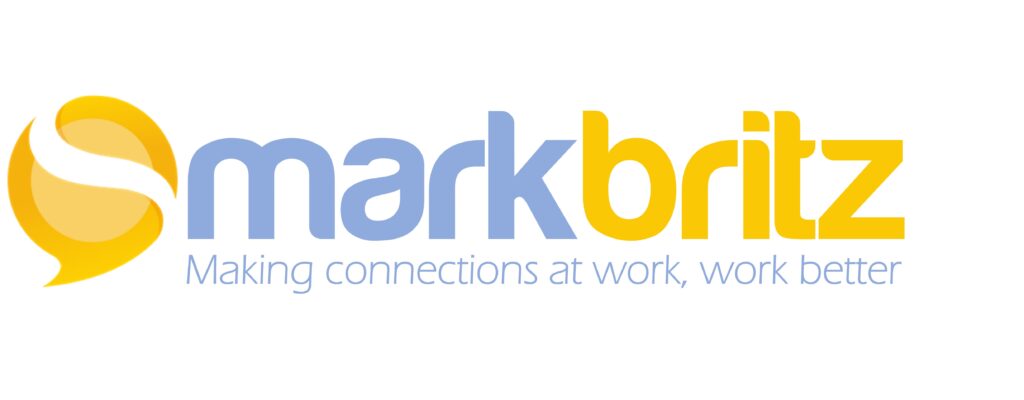
As you likely know, Reimaging is the process of removing all the software from your computer and reinstalling it. This process is necessary if your operating system becomes damaged or corrupt. This is actually an excellent metaphor for what needs to happen to many organization’s operating systems.
There is much criticism of the world of work today. Many see stagnant approaches and dated power structures hindering real potential in this digital age. A reimage is not however about wiping out the disengaged, or cleaning out the c-suite (common approaches). Nor is it moving to an open office floor plan or eradicating email. No, this is about the actual work we do, or more specifically the structures that govern this work in organizations. It is about the policies, procedures, power systems, roles, and unwritten rules that impact the people which ultimately effects the work. This, the organizational software, the operating system – is often damaged and corrupt.
Recognizing this is only the first part, taking action is the other. Unfortunately just like with our sluggish laptop, where we manage to continue working when it’s performance isn’t optimal, most leaders find work-arounds that allow things to get done although not as efficiently or effectively as they could. These work-arounds typical comes in the form of new tools, “reorgs”, downsizing, engagement activities, and revamped strategic plans – business as usual and bandaids. So as expected, a reimage won’t even be considered as it takes a significant mindset shift.
For what it’s worth, here’s 5 actions I think an organizational reimage should include.
1. Changing the Defaults – The world of business is changing frequently and with that it should be expected that something that works today won’t work tomorrow. The world of work, markets, and labor are complex. Through the lens of Cynefin, the knowledge management/sense-making framework, we learn that in complexity we only know what right is after the fact. Organizations then must learn to continually probe their environments, make sense of of the information gathered and respond accordingly… rinse and repeat.
2. Strategic Reflection -Internally organizations need to pause and sharpen the saw. It must be a strategic focus to periodically assess each element that impacts the work, the policies that send the message to employees that “we don’t trust you”, the procedures that maintain efficiency yet serve to prevent innovation, and the power structure that are maintained by fear vs. ones maintained by merit. Morale is a huge part of the effectiveness equation.
3. Role Play – managers, supervisors, directors are titles of the bygone era of manufacturing, of routine work. These titles have connotations of us vs. them, command and control, authority without legitimacy, “the man”. Today we need mentors and coaches, supporters and connectors to serve workers as living forms of performance support. Imagine arriving to work on day one and being greeted by the Chief Barrier Remover? Odd? Sure but equally refreshing.
4. Redo Rewards – when the process is working, the product is right. Reward the process, the product will take care of itself. Those who help, who share, and those who encourage are your heroes. Reward their cooperation and collaboration not competition. A rising tide lifts all boats.
5. ESN over LMS – learning is a part of the work, not apart from it. If the vast majority of our new learning takes place in our doing of the work then we need tools to help us reflect and share easily this new knowledge. An ESN (vs. an LMS) is an open system. Here knowledge can freely flow in the conversations we have (this is where real knowledge exists, not within us but between us). This openness also means all the cooperation and collaboration you need to reward (pt.4) is made obvious.
Each organization is as unique as a finger print and a reimage, if warranted, may take different forms yet each is a true move towards social business. A move that is far more about people than about technology.

